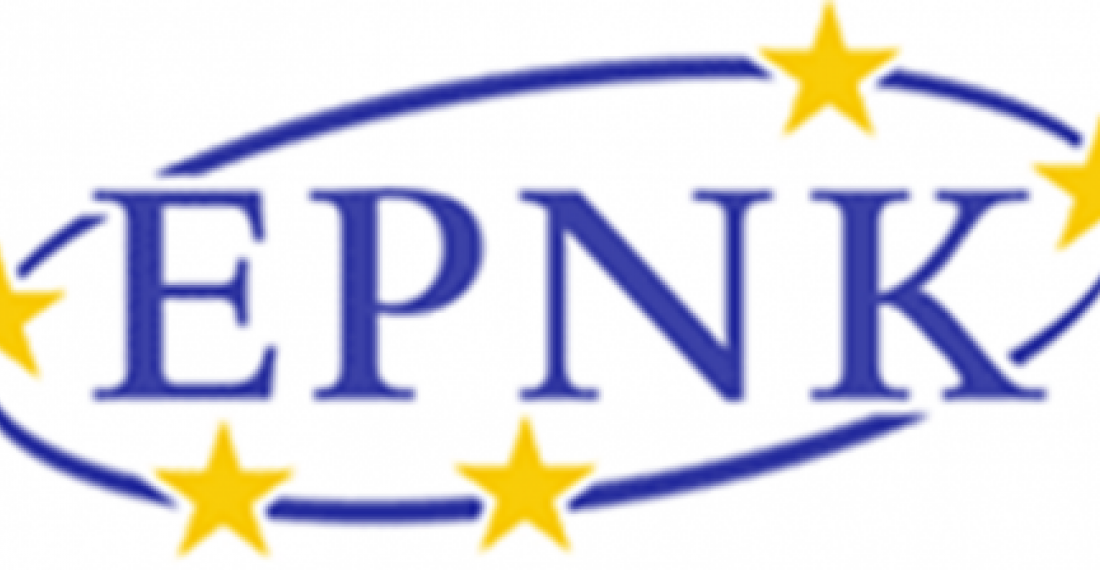Despite a deteriorating situation around the Nagorno-Karabakh conflict activists in the region are determined to continue their peace-building efforts. At a meeting in Tbilisi the special envoy of the EU to the South Caucasus was there to give his support.
By Joseph Alexander Smith
"Our Work will continue no matter what" - this was the message delivered by civil society activists attending the conference, "Building Peace on Nagorno-Karabakh: A New Generation, New Ideas", which was held in Tbilisi on Thursday, 5 February. The event was held in the framework of EPNK - the European Partnership for the Peaceful Settlement of the Conflict over Nagorno-Karabakh, a peacebuilding initiative funded by the European Union, which brings together international civil society groups and local partners in the region to build understanding and confidence across the Karabakh conflict divide.
The conference's guest speaker, European Special Representative for the South Caucasus and the crisis in Georgia, Ambassador Herbert Salber, delivered a message of encouragement to the participants against the backdrop of an increasingly tense situation along the line of contact in Nagorno-Karabakh.
Speaking outside the conference, Ambassador Salber told commonspace.eu "My main point is that I'm encouraging these colleagues around the table to continue their work and to assure them that the European Union will also support [this work] in the future."
"I'm convinced that in the [different ] constituencies, there must be people who will be able to lead a meaningful dialogue and one day we should come to this stage also on track two to have these contacts and to have a structured, good discussion on common interests in order to make this contribution to peace-building and security."
The conference was held during a period of increased violence along both the line of contact in Nagorno-Karabakh and the Azerbaijani-Armenian border.
Commenting on the current situation, Ambassador Salber said that "the main problem is this escalation we have. As we saw last summer, it can quickly get out of control and we would like both sides to refrain from these actions which can be very risky."
Participants at the EPNK conference, however, expressed firm resolve in continuing their work with the EPNK framework despite the situation on the ground.
source: Joseph Alexander Smith filed this report from Tbilisi for commonspace.eu







